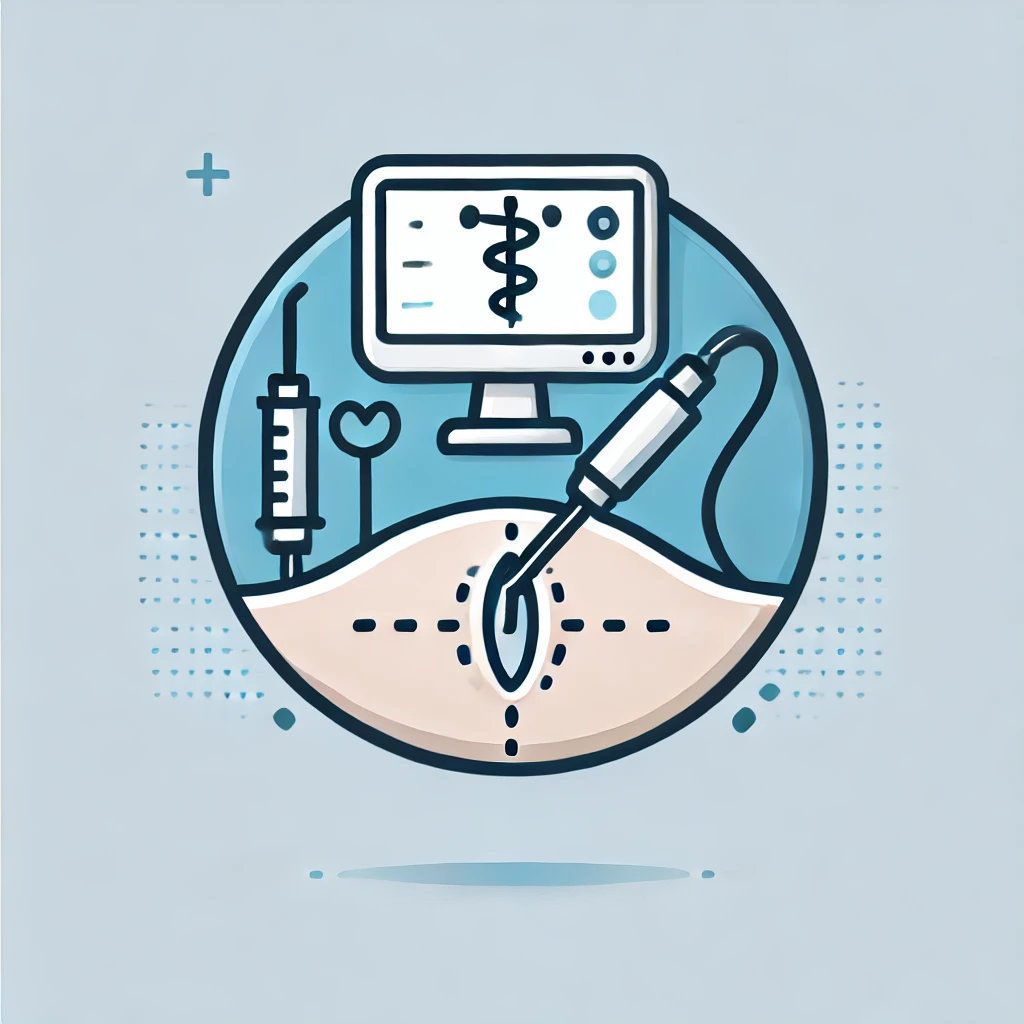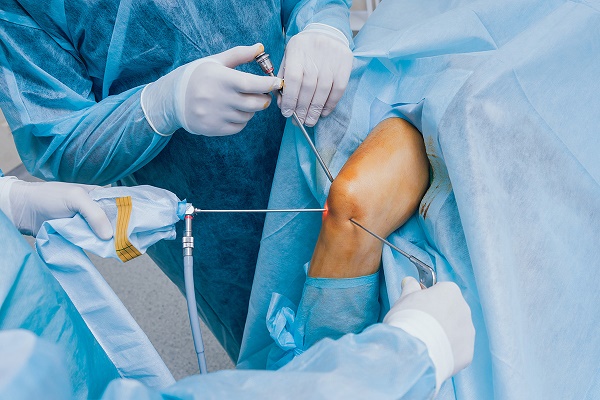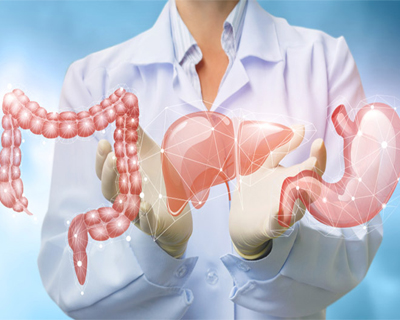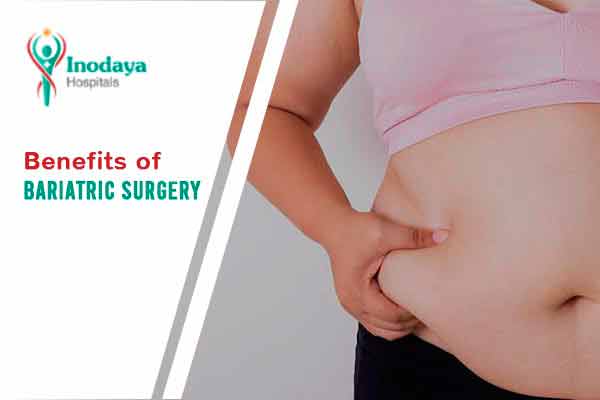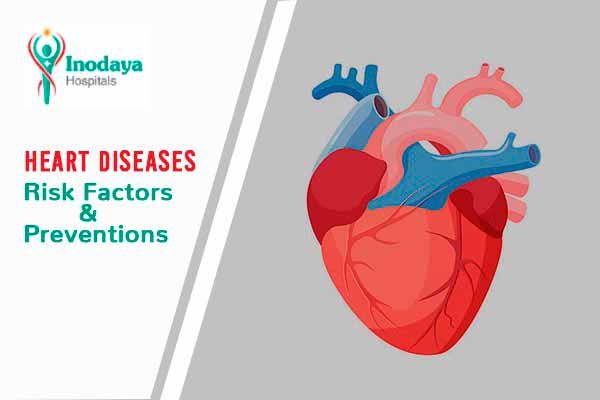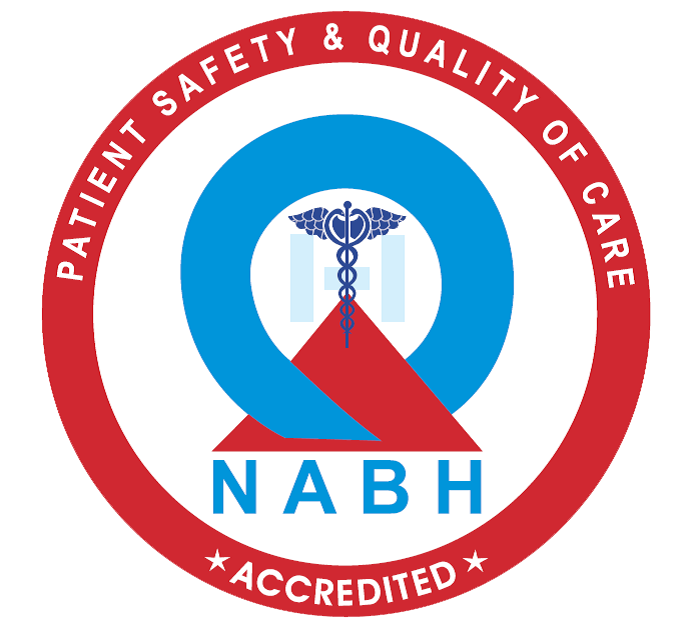Did you know that one in three adults are at higher risk for kidney disease ? Yes ! The kidneys are vital organs that are responsible for waste management and maintaining optimum health. If you don’t take good care of your kidneys, you are prone to certain kidney-linked diseases that cause progressive loss of kidney function leading to kidney failure.
The major risk factors of kidney disease include diabetes, high blood pressure, a family history of kidney failure and being age 60 or older. There are several lifestyle changes that protect your kidneys by managing health conditions that cause kidney damage, such as diabetes and high blood pressure.
Early kidney disease may have no symptoms, so getting tested annually is the only way to keep your kidneys healthy. See a health care provider right away if you develop urinary tract infections (UTI), which can cause kidney damage if left treated.
The kidney specialists at Inodaya Hospitals offer some important tips below that help to prevent kidney diseases.
1. Quit smoking
Smoking slows down the blood flow to important organs in the body including kidneys. It can also affect medications that are used to treat high blood pressure. Smoking tobacco not only increases your risk of developing kidney disease but also the risk of lung, mouth, cervical, bladder, and kidney cancer.
2. Limit alcohol consumption
High blood pressure is the most common cause of many kidney diseases . More than two drinks a day increases your chance of developing high blood pressure. Drinking alcohol in these amounts is a risk factor for developing a type of kidney disease, protein in the urine (albuminuria). You can prevent kidney disease by not drinking excess alcohol.
3. Maintain a healthy weight
The more body fat you have, the higher your risk of kidney diseases and other health problems such as diabetes and heart disease . If the excess weight is predominantly in the midsection of the body, you are even at greater risk. If you are obese, work with your dietician to create a relaistic weight loss plan.
4. Eat a healthy diet
One of the key components to maintain a healthy weight is eating a balanced, nutritional diet. Eating the right amount of nutrients helps to repair body tissue and build new muscle tissue. Choose a lot of fruits, vegetables, healthy fats, and foods made from wholegrains. Try to have foods with little or no added sugars.
5. Limit salt intake
Diets high in salt are high in sodium, cause reduced function in your kidneys and remove less water that results in higher blood pressure. This puts strain on the kidneys and can lead to chronic kidney disease. Therefore, flavour your foods with spices and herbs, instead of salt. Over time, try to avoid using added salt(sodium) in your food as well.
6. Exercise regularly
Regular exercise can offer a host of benefits including reducing the risk of diabetes, heart disease, and kidney disease. Aim for at least 20-30 minutes of moderate to strenuous exercise such as walking and running most days of the week. If you are not physically active now, ask your health care provider about the types of physical activity that are right for you.
7. Reduce stress
Stress and uncontrolled anxiety can also lead to kidney damage. As the blood filtering units of the body, your kidneys are prone to problems with blood circulation and blood vessels. Manage your stress by practicing by eating healthier foods and practicing relaxation techniques such as meditation and yoga.
Kidney diseases often have no symptoms, which means it goes undetected until the disease is advanced. The above mentioned tips can not only help prevent kidney disease but are also beneficial for your overall health in general.
If you have already been diagnosed with kidney disease, visit Inodaya Hospitals. Our team of Nephrologists are experienced in the management and treatment of various kinds of kidney diseases for patients in and around Kakinada.







































